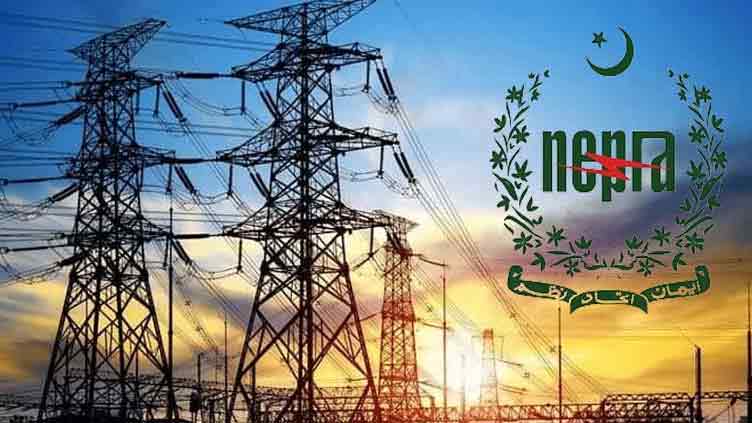ISLAMABAD: The federal government has officially requested the National Electric Power Regulatory Authority (Nepra) to approve a Rs1.71 per unit electricity tariff reduction. The proposal, submitted through a petition, suggests implementing the price cut via an increase in the tariff differential subsidy.
As per the government’s request, the electricity tariff reduction should apply to all distribution companies, including K-Electric, from April to June 2025. However, lifeline domestic consumers will not be covered under this adjustment. Nepra has scheduled a hearing on the petition for April 4, after which the final decision will be made. If approved, the federal government will provide a subsidy of Rs1.71 per unit for the mentioned period.
According to official documents, the government aims to boost electricity demand by lowering power rates temporarily. Nepra had previously determined a national average tariff of Rs35.50 per kWh for the fiscal year 2024-25. However, the government had notified a lower average tariff of Rs32.99 per kWh for October 2024 onwards, bridging the gap through tariff differential subsidies.
In a separate development, the International Monetary Fund (IMF) has approved a Re1 per unit reduction in electricity tariffs. This decision, announced on Thursday, will provide relief to all electricity consumers. The tariff relief will be financed through revenue generated from levies imposed on captive power plants using gas. The IMF clarified that this measure is designed to ease financial pressures while ensuring fiscal stability.
Meanwhile, independent power producers (IPPs) have proposed cutting electricity tariffs by up to Re0.50 per unit. They have also offered to waive over Rs11 billion in late payment surcharges. However, their proposal is conditional on the government withdrawing all ongoing legal actions and investigations into alleged excessive profits made by power companies.
In addition to this, authorities are negotiating with 75 more power producers, primarily from solar and wind energy sectors. These discussions, expected to conclude between April and May, follow successful talks with 29 IPPs. The government believes these negotiations will result in future savings of Rs3.498 trillion, despite facing international resistance in some cases.
This proposed electricity tariff reduction is part of the government’s broader strategy to stabilize the energy sector and provide relief to consumers amid rising economic challenges.


